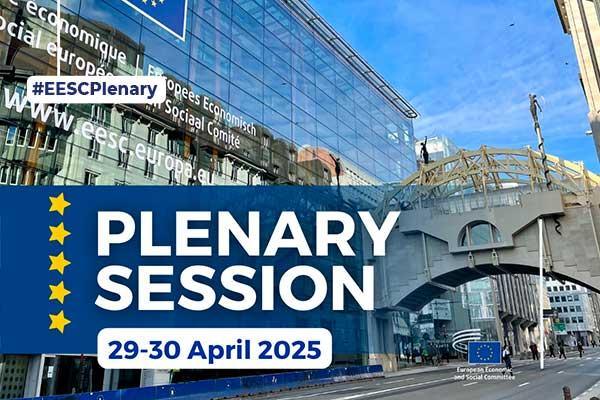The Importance of Plenary Sessions in Governance and Beyond

Introduction
Plenary sessions are vital components in many formal settings, including government, conferences, and educational institutions. They represent a gathering where all members are invited to participate, discuss, and make decisions on significant issues. The role of plenary sessions has become increasingly important as organisations strive for transparency and inclusiveness in decision-making processes.
What is a Plenary Session?
A plenary session is a meeting where all participants are given the opportunity to discuss, share ideas, and vote on matters. These sessions often follow committee discussions or workshops, ensuring that a wide array of perspectives is contributing to key decisions. In legislative contexts, plenary sessions are where the final decisions are made, often after thorough debates conducted in smaller groups.
Recent Developments
In light of recent global events, especially surrounding the pandemic, the format and frequency of plenary sessions have evolved. Many organisations have transitioned to hybrid or virtual plenary sessions to accommodate participants who cannot attend in person. A notable example is the European Parliament, which has implemented such formats to ensure continued legislative functions while prioritising safety.
In the UK, plenary sessions in Parliament have also adapted, with increased use of technology to facilitate discussions and voting. This shift not only allows broader participation but has also sparked debates on accessibility and inclusivity within governmental processes.
Significance of Plenary Sessions
The significance of plenary sessions cannot be understated. They serve as a platform for transparency, allowing stakeholders to hold discussions that inform public policy and corporate governance. Engaging community members in plenary discussions can lead to more informed decision-making processes, positively affecting service provision and legislation outcomes.
Conclusion
As plenary sessions continue to adapt in response to technological advancements and societal needs, their role in fostering democratic practices and facilitating open dialogue becomes increasingly crucial. It is anticipated that the future will see even greater emphasis on these sessions in various sectors, reinforcing the importance of collective decision-making and shared governance. By understanding and engaging with plenary sessions, individuals can play a part in shaping their communities and institutions effectively.
